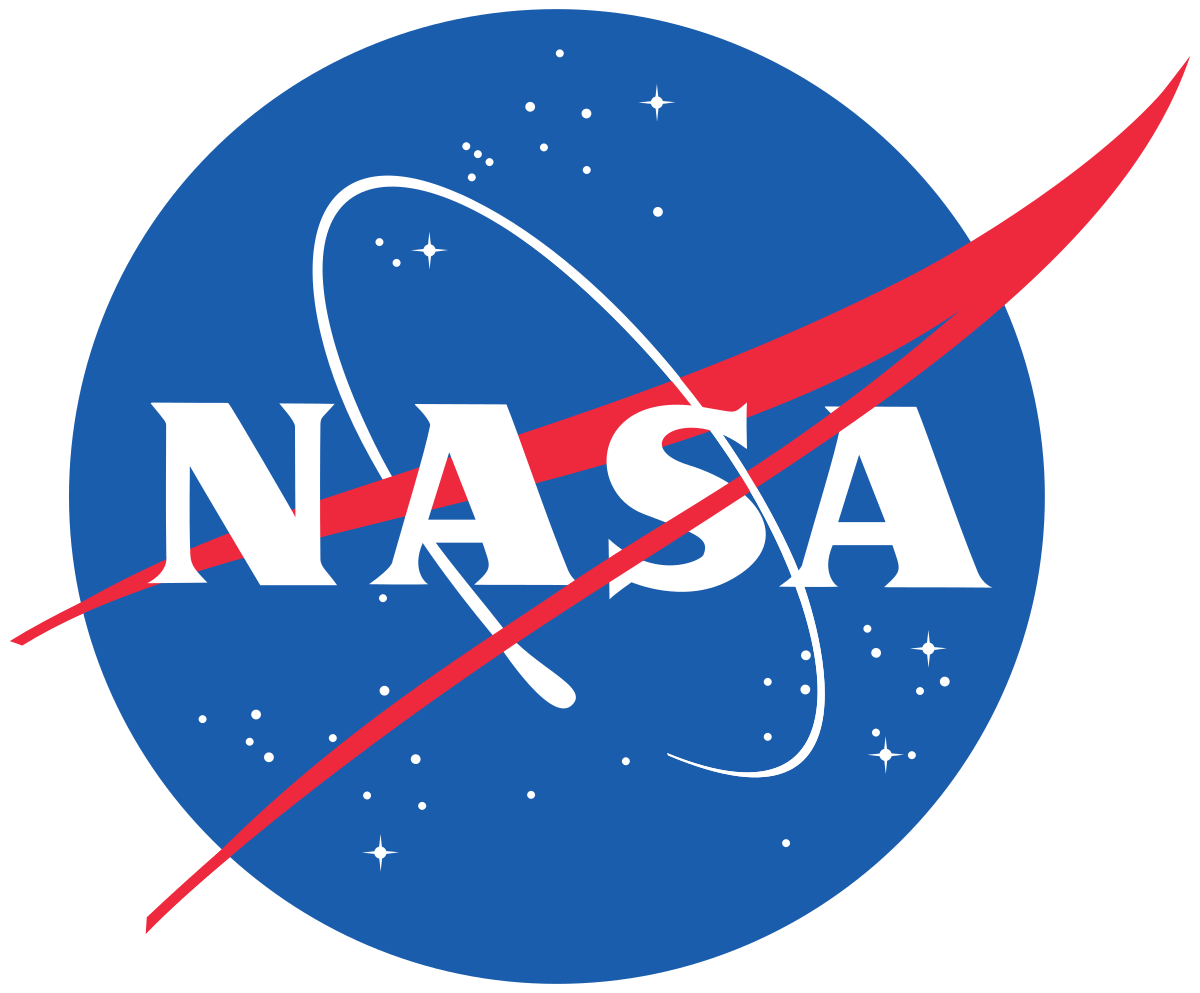Part 1 of 2 Parts
When I was kid, the human race launched a few satellites. Now U.S. space systems are a critical part of infrastructure for our whole society. For the most part, satellites are invisible, especially in cities because of light pollution. However, our economy and safety are supported by them. Every cell phone in use receives precise timing signals and location signals from GPS satellites. ATM withdrawals and stock transactions also receive timing signals. Weather satellites have saved many lives by tracking hurricanes and locating emergency signals. Communication satellites provide streaming video as well as internet connection for ships and emergency operations during natural disasters. Most of the research on climate change is based on data from satellites. Earth imaging satellites are a boom industry, allowing the construction, mining and agricultural industries to be more efficient. The military relies heavily on satellites to manage its worldwide operations and detect threats to our security.
Because of the existing and growing space systems are so important to our society, Representatives Ted Lieu (D-Calif.) and Ken Calvert (R-Calif.) introduced the Space Infrastructure Act in June. The purpose of the act is to officially recognize space as critical U.S. infrastructure.
We are in a era of exploding growth in space exploration and exploitation. Most people are unaware of just how big space industry has grown. Currently, private companies are being created to harvest the resources of the Moon. Other space companies are planning to manufacture in space. These companies hope to produce artificial organs, pharmaceuticals and fiber optics. Several companies are working to make cheap internet connection to every person on Earth. Space hotels are being designed and constructed.
China is investing heavily in its own space program. They have landed a rover on the far side of the Moon and brought back samples from the surface. China believes and has stated that the Moon has great economic importance. They see space of through the lens of great power competition. They have developed antisatellite weapons which are a serious threat to the national security of the U.S.
Many analysts believe that we need to fundamentally change our approach to space today because of its importance to the future. Currently satellites are, for the most part, considered as disposable. We launch and use them but never inspect, repair, refuel, maintain or upgrade them. What are the future prospects for refueling satellites with dwindling fuel reserves? What are the possibilities for adding new electronics and mechanical systems to keep satellites up to date? Rockets have been considered as disposable as well. Some companies are reusing launch vehicles but most launch components are discarded in space and adding to the junk orbiting our planet.
The very first missions to extend the life of satellites are just being put into operations. They will need supplies on a regular basis in order to be practical. We want to make the stay of astronauts on the Moon more useful and long-lasting. Even if there are resources on the Moon that we can tap, lunar astronauts will definitely need food and other supplies from Earth. Space hotels will need a steady flow of supplies to support their guests and crew.
Please read Part 2 next
